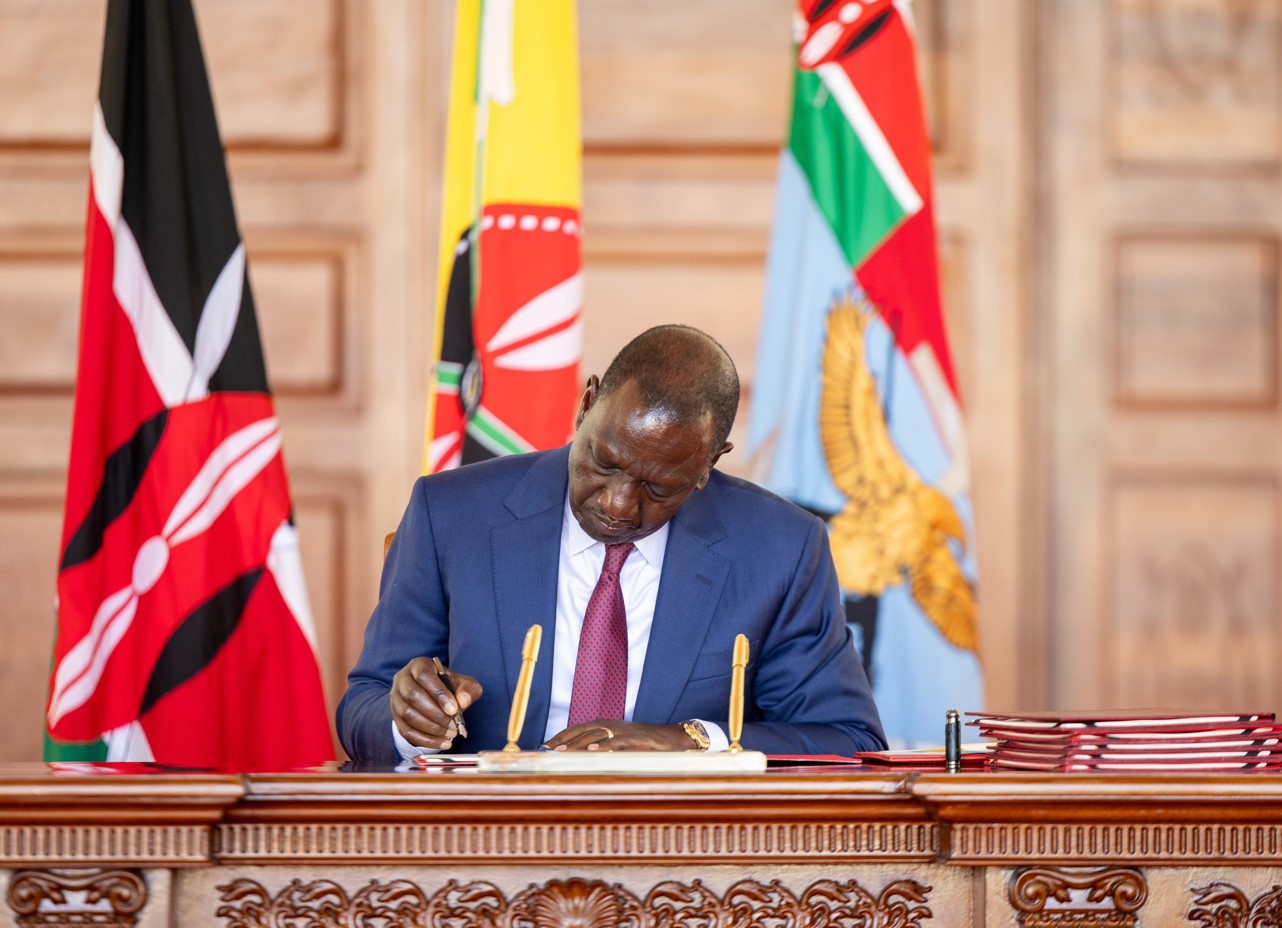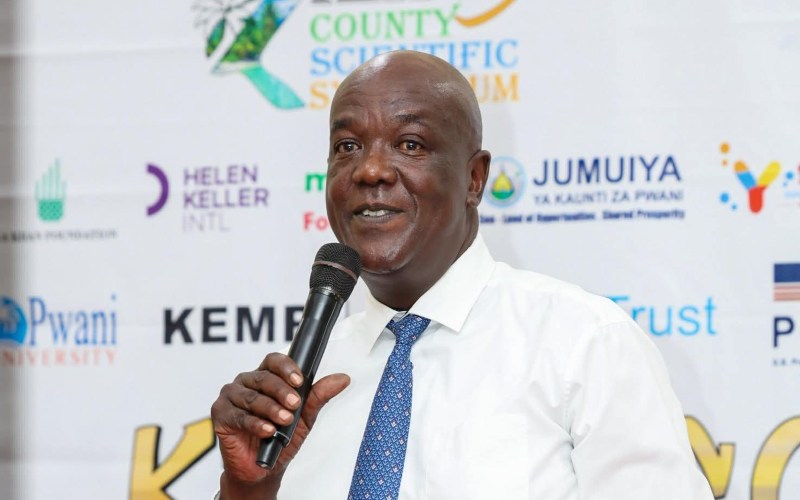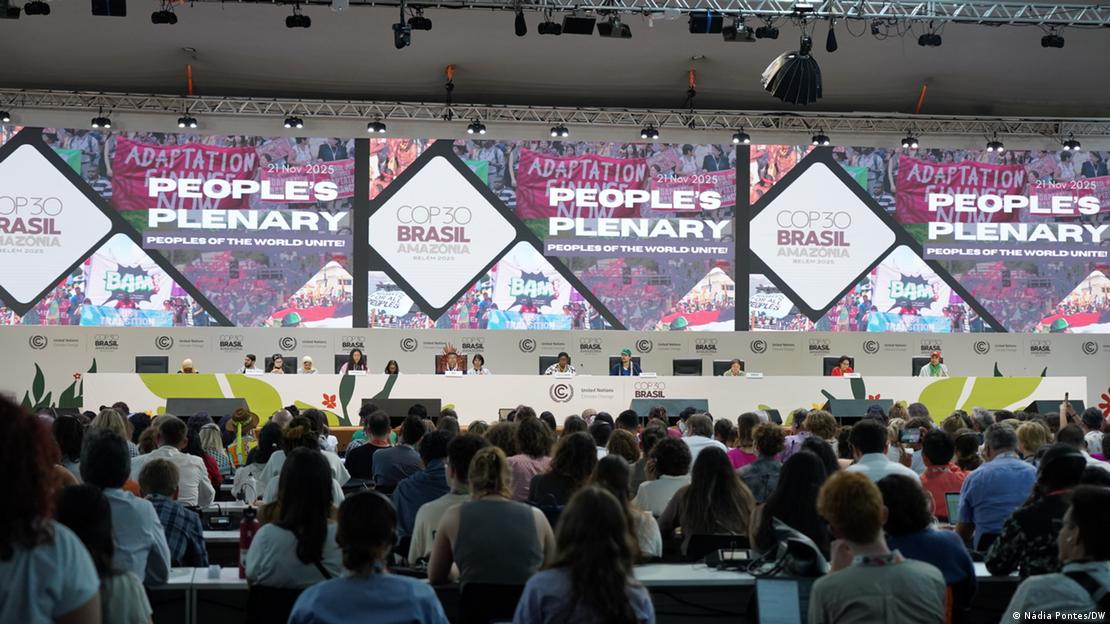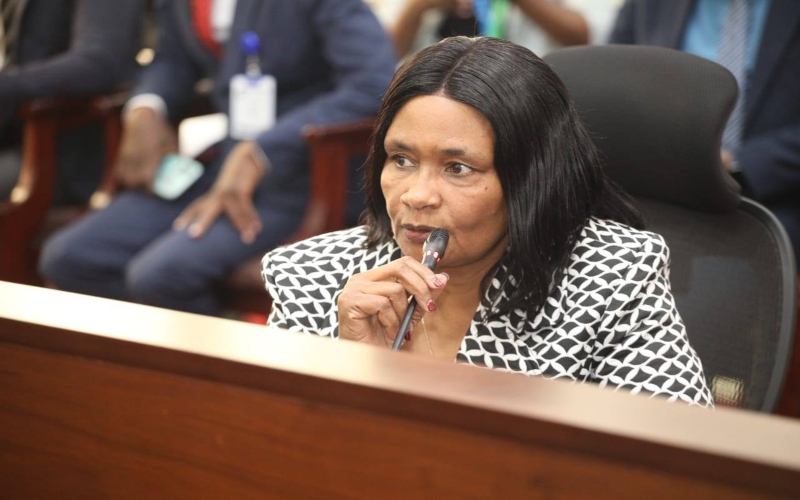Government recurrent spending surges by Sh86.4 billion despite Ruto’s austerity pledges

Government ministries, departments, and agencies spent Sh366.5 billion between July and September 2025 on recurrent votes such as salaries, wages, administration and the operation and maintenance of offices, compared with Sh280.09 billion in the same period last year.
Despite pledges by President William Ruto’s administration to curb non-essential spending, recurrent expenditure in public offices rose by Sh86.4 billion in the first quarter of the 2025/26 fiscal year, exposing the growing strain on efforts to enforce fiscal discipline across government departments.
Ministries and agencies recorded higher recurrent bills driven by salaries, maintenance and operational costs.
More To Read
- Treasury under fire for using Sh2.67 trillion in domestic loans on recurrent spending
- Kenya’s 2026/27 budget set at Sh4.65 trillion – Here’s what it means for you
- Petition exposes Sh975 billion debt linked to Treasury’s budget law breach
- Agencies of shame: How state departments spent Sh14 billion with no tangible results
- State House, NIS among 18 agencies overspending taxpayer’s money despite austerity measures
- Ministry of Defence records highest spending of Sh40 billion in three months
Data from the Treasury show that government ministries, departments, and agencies spent Sh366.5 billion between July and September 2025 on recurrent votes such as salaries, wages, administration and the operation and maintenance of offices, compared with Sh280.09 billion in the same period last year.
This translates to a 30.9 per cent increase in recurrent spending over three months, even as the Ruto-led administration insists it is tightening fiscal discipline to narrow a widening budget deficit.
The surge comes a year after President Ruto pledged to improve efficiency in public expenditure following deadly protests in June 2024, which forced the government to drop plans for new and higher taxes.
The austerity measures were intended to target non-essential expenditure such as printing, advertising, travel, hospitality, refurbishment, furniture, training, research and communication supplies and services.
“We cannot live beyond our means,” the President said during his June 2025 budget address, pledging to redirect public funds from recurrent expenditure to development.
However, recent Treasury statistics suggest otherwise.
During the quarter under review, the Teachers Service Commission (TSC) remained the single-largest consumer of recurrent resources, drawing Sh88.5 billion, an 8.1 per cent increase from Sh81.88 billion in the corresponding period last year. Recurrent allocations for the National Police Service rose 12.5 per cent to Sh30.6 billion, while those for the State Department for Defence increased 17.9 per cent to Sh42.8 billion, driven by higher logistical costs linked to regional deployments.
The spending spike coincided with slowed revenue growth, as tax receipts underperformed in the first quarter, standing at Sh553.7 billion against an annual target of Sh2.6 trillion, amid subdued imports and weak corporate earnings.
Earlier in May 2025, Treasury Cabinet Secretary John Mbadi indicated in budget documents tabled in Parliament that he would propose trimming the recurrent budget to Sh1.72 trillion from Sh1.73 trillion spent in the fiscal year ended June 2025. Parliament, however, approved a Sh1.47 trillion spending plan for recurrent expenses for the current financial year.
The mismatch between revenue and expenditure could further stretch borrowing needs, complicating the Treasury’s plan to stabilise the deficit at about 4.7 per cent of gross domestic product (GDP) this fiscal year.
The data also indicate that President Ruto, who pledged to rein in recurrent costs when he assumed office in September 2022, appears to be struggling to keep a tight lid on public office expenses despite a relatively strong start during his first year in government.
Top Stories Today













































